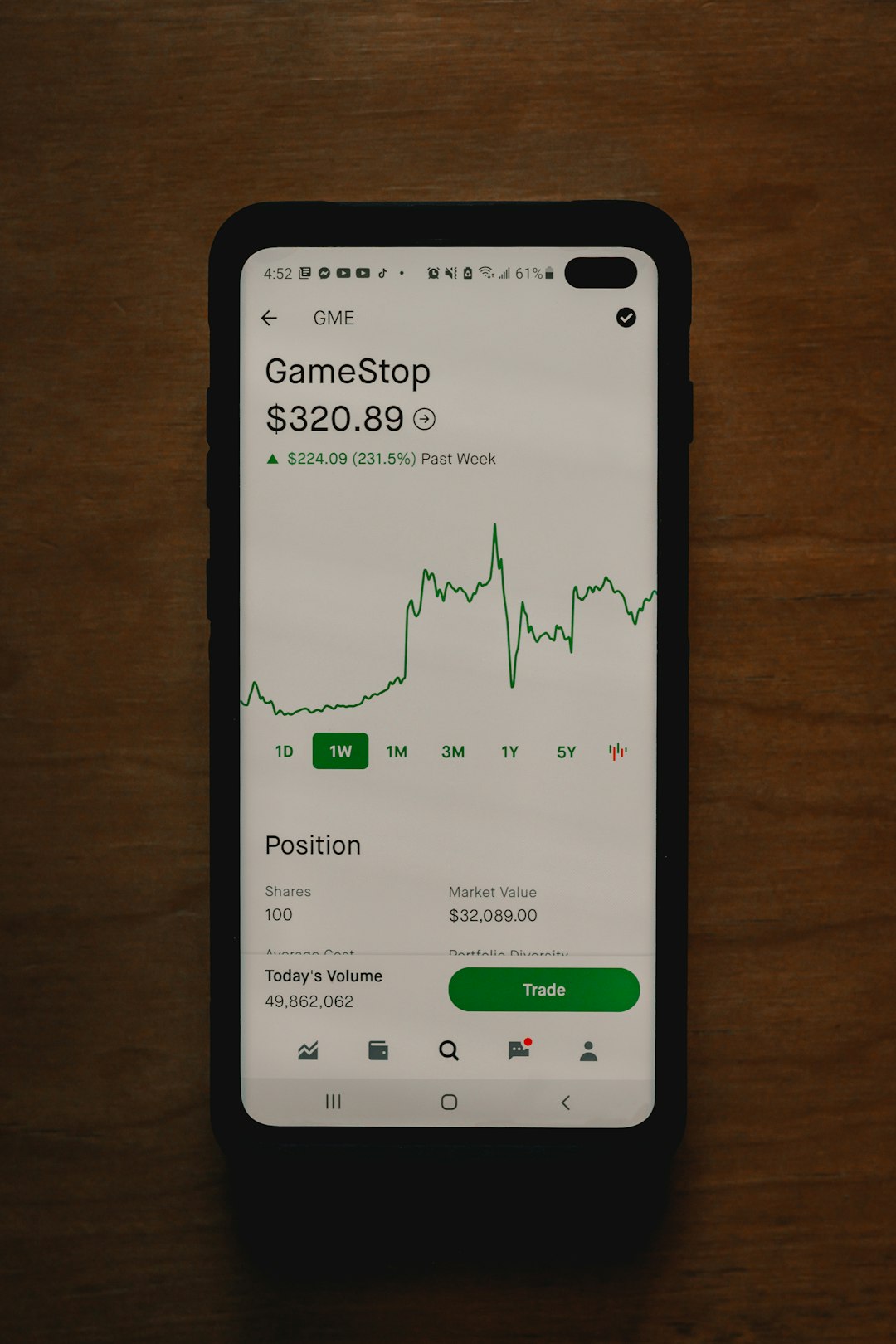Common threats to event security
Events are a great way to bring people together for a shared experience, whether it's a concert, festival, or sporting event. However, with large crowds and high-profile attendees, event security is a top priority. In recent years, there have been several high-profile incidents that have highlighted the importance of event security. In this article, we'll discuss some of the common threats to event security and how to mitigate them.
Why is Event Security Important?
Events attract large crowds, making them a potential target for various threats. These threats can range from minor disruptions to major incidents that can put attendees at risk. Event security is crucial for the safety and well-being of all attendees, staff, and performers. It also helps to protect the reputation of the event and its organizers.
High-Profile Attendees
Events often attract high-profile attendees, such as celebrities, politicians, and athletes. These individuals may be targets for threats, including physical harm, kidnapping, or extortion. Event security must be prepared to handle any potential threats to these individuals and ensure their safety throughout the event.
Large Crowds
Events can attract thousands of people, making it challenging to monitor and control the crowd. Large crowds can create chaos and confusion, making it easier for individuals with malicious intent to carry out their plans. Event security must have a plan in place to manage the crowd and ensure the safety of all attendees.
Terrorism
In recent years, there have been several high-profile terrorist attacks at events, such as the Manchester Arena bombing in 2017 and the Boston Marathon bombing in 2013. These incidents have highlighted the need for event security to be vigilant and prepared for potential terrorist threats. Event organizers must work closely with security professionals to assess potential risks and develop a plan to prevent and respond to any terrorist activity.
Alcohol and Drug Use
Events often involve alcohol and drug use, which can lead to disruptive and dangerous behavior. Intoxicated individuals may become aggressive or violent, putting themselves and others at risk. Event security must be trained to handle these situations and have protocols in place to prevent excessive alcohol and drug use.
Medical Emergencies
With large crowds and physical activities, medical emergencies are a common threat at events. Attendees may experience heat exhaustion, dehydration, or other health issues that require immediate attention. Event security must be prepared to respond to medical emergencies and have medical personnel on-site to provide assistance.
How to Mitigate Threats to Event Security
Event security is a complex and ever-evolving field. To mitigate threats to event security, organizers must take a proactive approach and have a comprehensive security plan in place.
Risk Assessment
The first step in mitigating threats to event security is to conduct a risk assessment. This involves identifying potential threats and vulnerabilities and evaluating the likelihood and impact of each threat. A risk assessment will help event organizers understand the level of risk associated with their event and develop a plan to mitigate those risks.
Crowd Management
Managing large crowds is a critical aspect of event security. Event organizers must have a plan in place to control the flow of people and prevent overcrowding. This may involve setting up barriers, designated entry and exit points, and having trained staff to monitor the crowd and respond to any issues that may arise.
Security Personnel
Having trained and experienced security personnel is crucial for event security. Event organizers must work with reputable security companies to provide a team of professionals who can handle any potential threats. These security personnel should be trained in crowd management, emergency response, and conflict resolution.
Technology
Technology can play a significant role in mitigating threats to event security. Event organizers can use CCTV cameras, metal detectors, and other surveillance equipment to monitor the event and identify potential threats. They can also use technology to track and manage the flow of people and prevent overcrowding.
Emergency Response Plan
In the event of an emergency, event organizers must have a plan in place to respond quickly and effectively. This may involve having medical personnel on-site, establishing evacuation routes, and having a communication system in place to alert attendees and staff of any potential threats.
Real-World Examples of Event Security Threats
In 2017, the Route 91 Harvest music festival in Las Vegas was the site of the deadliest mass shooting in modern US history. The incident highlighted the need for event security to be prepared for potential threats and have a plan in place to respond quickly and effectively.
In 2018, a bomb threat was made at the Electric Daisy Carnival in Las Vegas, causing the event to be shut down early. The incident showed the importance of having a comprehensive emergency response plan in place and the need for effective communication between event organizers and security personnel.
Who is Responsible for Event Security?
Event security is a collaborative effort between event organizers, security professionals, and local law enforcement. Event organizers are responsible for conducting a risk assessment, developing a security plan, and working with security professionals to implement that plan. Security professionals are responsible for providing trained personnel and implementing security measures to mitigate potential threats. Local law enforcement may also be involved in providing additional security and responding to any incidents that may occur.
Conclusion
Event security is a crucial aspect of any event, and organizers must take a proactive approach to mitigate potential threats. By conducting a risk assessment, implementing crowd management strategies, and working with trained security personnel, event organizers can ensure the safety and well-being of all attendees. With the right security measures in place, events can continue to bring people together for a shared experience without compromising their safety.
In : Event Security
Tags: common threats to event security




